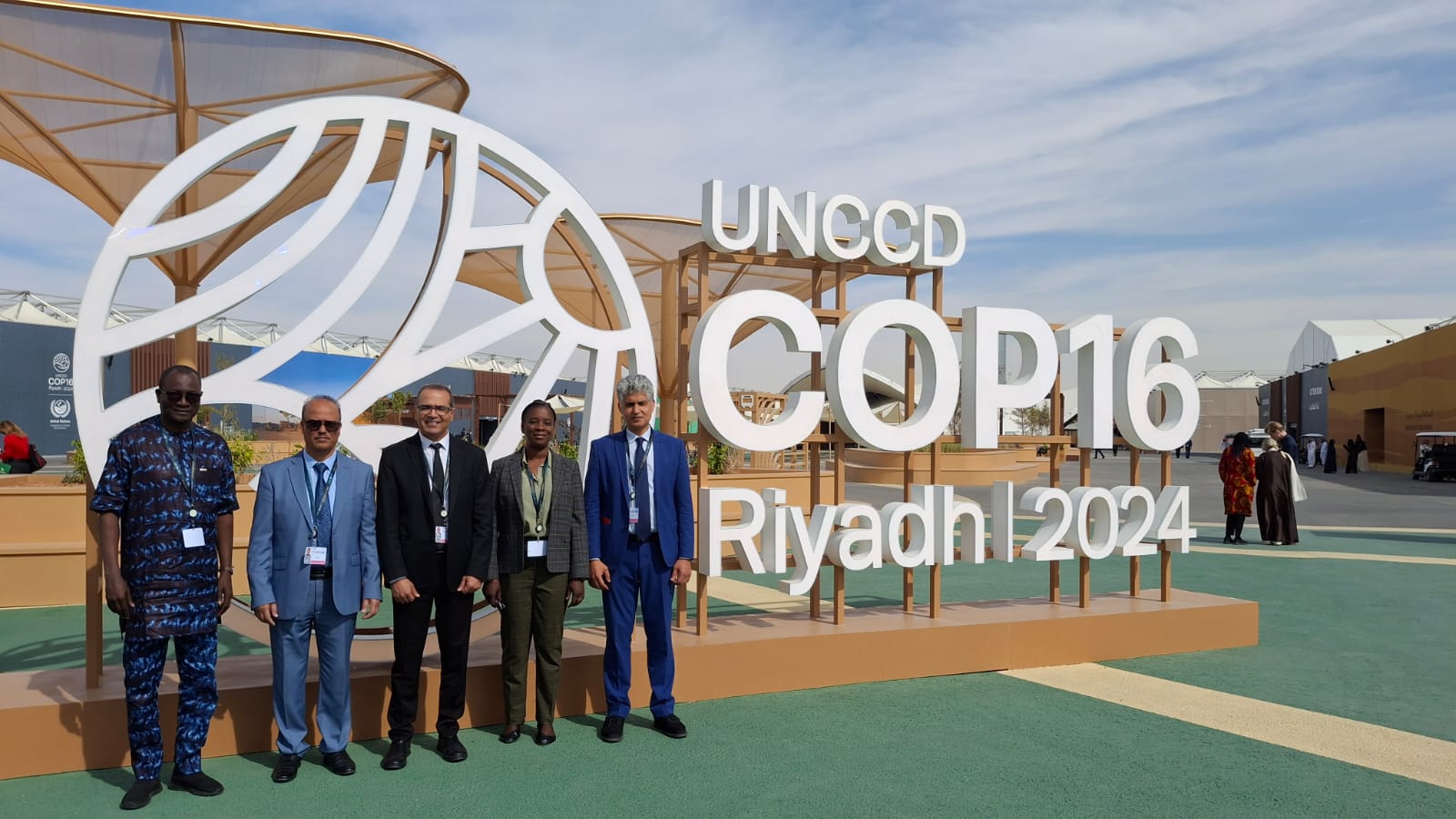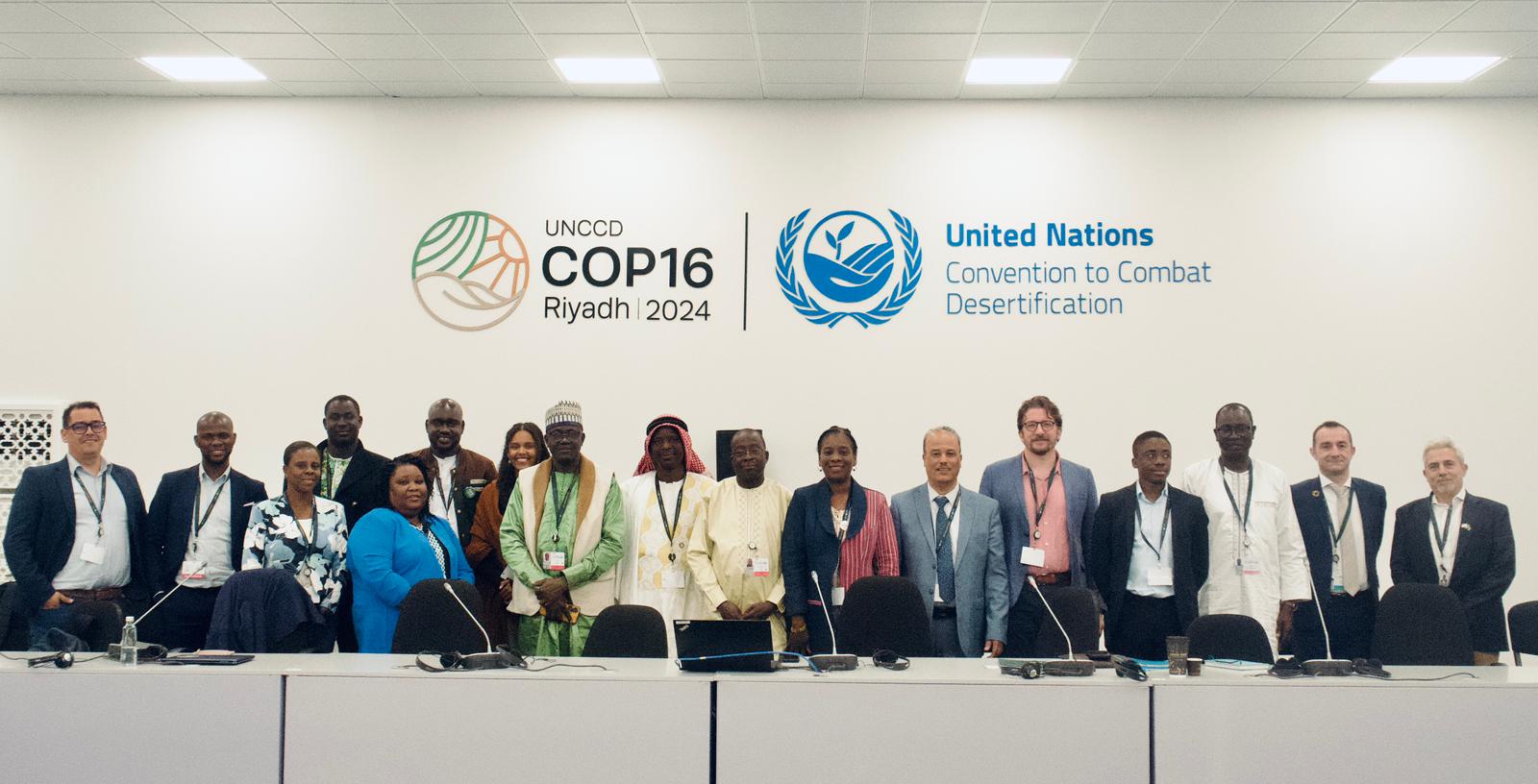27th Session of the OSS Strategic Orientation Committee, Tunis, January 28, 2025
Held on January 28, 2025 in Tunis, the 27th session of the Strategic Orientation…
On the occasion of the day dedicated to education at COP29, a side event organized by the Inter-State Committee for Drought Control in the Sahel (CILSS) and the United Nations Institute for Training and Research (UNITAR), highlighted the essential role that educational initiatives play in the fight against climate change.
During this event, Ms. Khaoula Jaoui, OSS Climate Department Director presented the Organization experience in this field.
She explained that the OSS has been investing in climate change education for more than a decade and integrating it into its projects and initiatives. She particularly mentioned the awareness-raising and training campaigns carried out as part of the "Improving the resilience of Sahelian populations to environmental changes - REPSAHEL" project, which targeted schoolchildren in rural areas of several Sahelian countries. These actions aimed to raise awareness among the younger generations about climate issues and the importance of preserving natural resources.
Another example came from the "Integration of climate change adaptation measures in the coordinated management of the W-Arly-Pendjari transboundary complex – AdaptWAP " project and illustrated the development of environmental education modules for schoolchildren on adaptation, sustainable land management and natural disasters and highlighting the importance of involving national education and social affairs services. These partners play a central role in ensuring the legitimacy and effectiveness of the educational actions promoted within the framework of adaptation and mitigation projects.
Ms. Jaoui also highlighted the current efforts of the OSS, where education remains a central component. She took the example of the “Scaling up Climate-Resilient Rice Production in West Africa – RICOWAS” project, which promotes a resilient rice production technique adapted to climate change, and includes a component to support education and research efforts in agricultural universities.
In conclusion, she stressed the mutual benefits of this relationship between education and the field. On the one hand, beneficiaries of educational programs acquire skills and knowledge adapted to climate challenges; on the other hand, educational institutions enrich and adjust their educational content thanks to feedback from the projects.
Held on January 28, 2025 in Tunis, the 27th session of the Strategic Orientation…

The participation of the Sahara and Sahel…

OSS Side Event at COP16: Strengthening Resilience in the Sahel through Multi-…